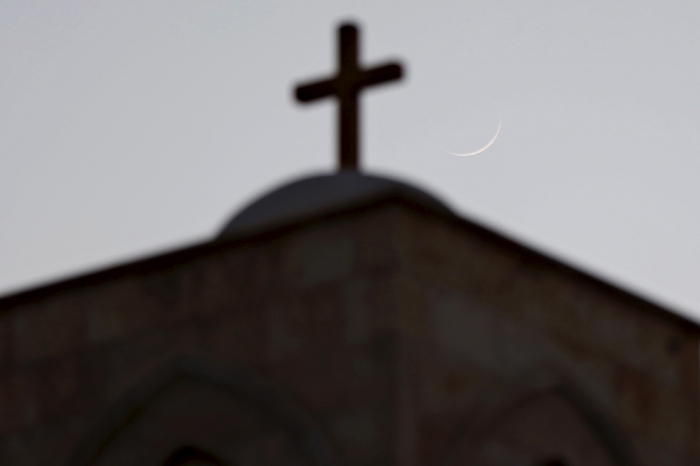Christian College Gifted $1 Million by Anonymous Donor for Archaeological Project in Jordan

A private Christian college in Arkansas has received a $1 million anonymous gift to go toward its archaeological project at the ancient city of Abila, Jordan.
John Brown University's Abila Archaeological Project has been sending students and staff to the site since 2006 to participate in the excavation of the area, which includes five churches from the Byzantine period, a Christian monastery, and tombs, among other archaeological treasures.
According to a press release on the John Brown University website, the anonymous donation will help fund the university's Abila Archaeological Project, as well as the school's Jordan Summer Studies Program, its Holy Lands Study Trip program and the Abila Lecture in Biblical Archaeology.
The press release adds that so far, excavation and preservation of the ancient area has "focused on five large Byzantine churches, 12 miles of water tunnels running under the city, a Roman Bath complex, a Christian monastery dating to the 8th century CE, an Early Bronze period of occupation dating to the early 2nd millennium BCE and hundreds of Roman and Byzantine tombs."
Chip Pollard, the university's president, said in a statement that the generous donation will help the college continue with its unique archaeological program for students.
"We are so grateful for this generous gift to [John Brown University's] Abila project," Pollard said, adding that "the Abila Archaeological Project has created wonderful opportunities for JBU students to uncover the history of Abila and the church in Jordan as well as to learn from the people of Jordan."
>As the university says on its websitefor the project, the ancient city, located near Irbil, Jordan, provides rich insight into the Byzantine, Chalcolithic, and Roman periods.
"Abila's rich history dating from the Chalcolithic period all the way into the later Islamic periods makes it a site with enough history to interest almost anyone," the website states, adding that "Abila is most well known as one of the cities of the Hellenistic league known as the Decapolis, and then as the home of five prominent churches during the Byzantine period."
The website goes on to describe Abila as "one of the most dynamic sites in Jordan," saying that it provides insight into a "a saga that reaches back to a time before Abraham, Isaac, and Jacob."
Additionally, the area of the Decapolis is mentioned in the Bible in Mark 7:31, which reads: "Then Jesus left the vicinity of Tyre and went through Sidon, down to the Sea of Galilee and into the region of the Decapolis" [NIV].
"Jesus considered this region important enough to visit! This lends credence to the idea that these cities were prominent in antiquity," the university states.
"Did Jesus' itinerary include Abila? This question may never be answered conclusively, due to the lack of hard evidence, but it goes without saying that Abila was a very important city, within close proximity to Galilee, being only 12 Roman miles from Gadara. It was located on a strategic route from Nabataea to Damascus, and it had a bountiful water source and equally bountiful agricultural lands," the university notes.




























